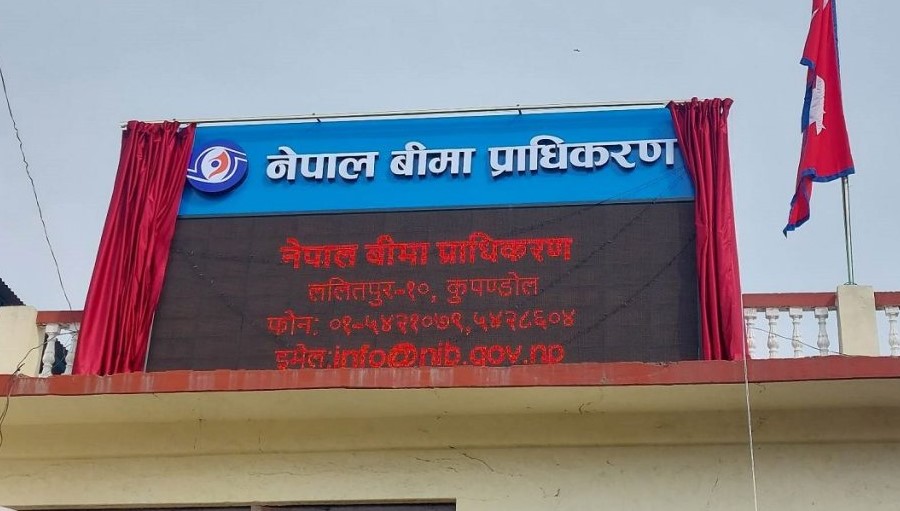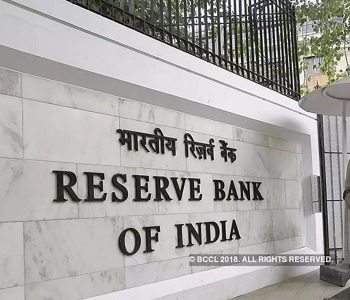Insurance regulatory authority eases capital requirements for insurance companies

KATHMANDU: The Insurance Regulatory Authority had previously mandated that life insurance companies increase their paid-up capital to NPR 5 billion and non-life insurance companies to NPR 2.5 billion by the end of the fiscal year in mid-July. However, many companies failed to meet this requirement.
In response, the authority has now allowed companies to include reserves and specific provisions in their paid-up capital calculations. Sushildev Subedi, the authority’s spokesperson, said, “By counting certain reserves and provisions, all companies can now meet the required paid-up capital. However, this relaxation is only available to companies that submit a clear compliance plan.”
Insurance companies have now submitted plans to the authority detailing how they will meet the capital requirement. “Companies that have not yet reached the capital requirement have proposed to raise capital through rights and bonus shares,” Subedi added. As of mid-July, five life insurance companies had reached the NPR 5 billion capital requirement, while seven companies were still short. Similarly, in the non-life sector, five companies met the NPR 2.5 billion target, with seven yet to comply.
Among the non-compliant companies, state-owned National Insurance Corporation has the lowest paid-up capital at NPR 260 million. The company needs to raise NPR 2.24 billion to meet the target, with 30% of its capital held by the general public, 41.03% by the government, 19.37% by the Employees Provident Fund, and 9.6% by Nepal Bank.
Life Insurance Companies’ Plans
Life Insurance Corporation has received approval from the Securities Board to issue 88% rights shares, which will increase its paid-up capital to NPR 5 billion. Asian Life Insurance is planning to issue 42% rights shares and make up any remaining shortfall with bonus shares. Prabhu Mahalaxmi Life Insurance has announced a 10% bonus share issuance and will issue an additional 7% through rights shares.
Sanima Reliance Life Insurance plans to raise 20% capital through either rights shares, bonus shares, or both. Reliable Nepal Life Insurance will meet its capital requirement by issuing around 8% bonus shares. Sun Nepal Life Insurance has applied to issue 27% rights shares, and Citizen Life Insurance has planned a combination of rights and bonus shares, amounting to around 28%.
Non-Life Insurance Companies’ Plans
In the non-life insurance sector, Nepal Insurance has applied to issue 25% rights shares and will make up the remaining shortfall with bonus shares. National Insurance Corporation’s capital increase plan remains uncertain, with the company indicating that the government may need to provide additional funds.
United Ajoid Insurance has requested approval to issue 15% rights shares, while the remaining capital will be raised through bonus shares. Necco Insurance has also applied to issue 25% rights shares, and Prabhu Insurance plans to issue 50% rights shares while covering the rest through bonus shares. NLG Insurance has already received approval to issue 66% rights shares, which will allow the company to meet its capital target.
Sanima GIC has secured shareholder approval to issue 25% bonus shares and is now working to obtain regulatory approval.
Investor Risks with Rights Share Issuance
Despite a general decline in the insurance sector, shares of Life Insurance Corporation and NLG Insurance saw increases of 1.89% (NPR 39) and 4.56% (NPR 60), respectively, after receiving approval to issue rights shares. However, this increase may not last as the issuance of rights shares often leads to price dilution.
For instance, an investor holding 100 shares of a company at NPR 900 per share would see their total investment valued at NPR 90,000. After an 80% rights share issuance, the number of shares would increase to 180, but the price per share would adjust to NPR 544.44, keeping the total investment value relatively unchanged.
The increase in the number of shares usually leads to lower earnings per share, which can negatively impact stock prices in the long term. Therefore, investors need to carefully consider the risks involved in rights share issuances.













Facebook Comment